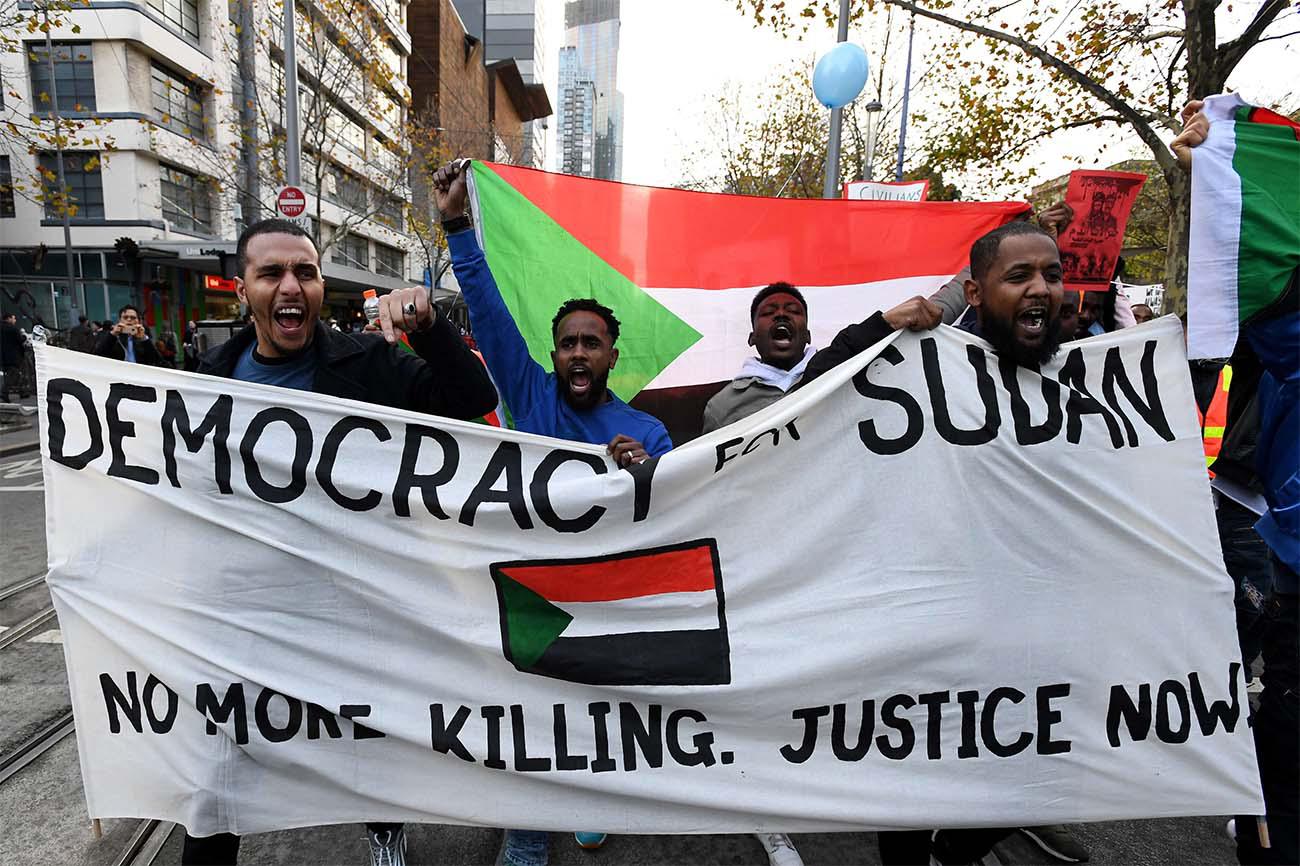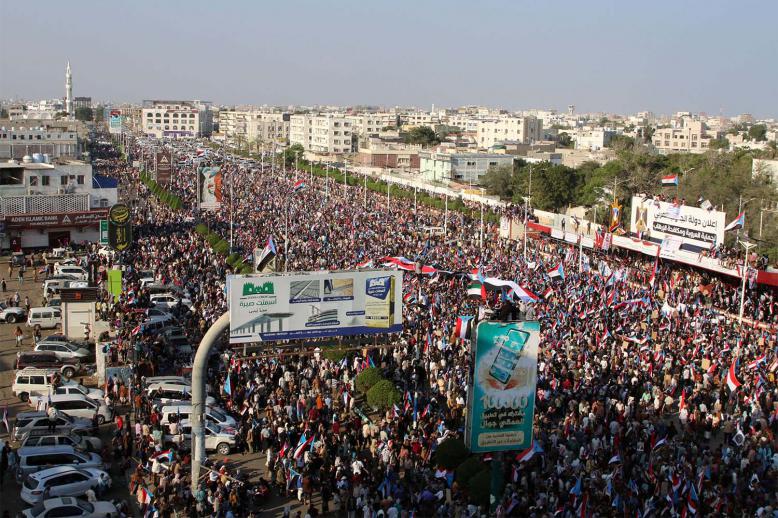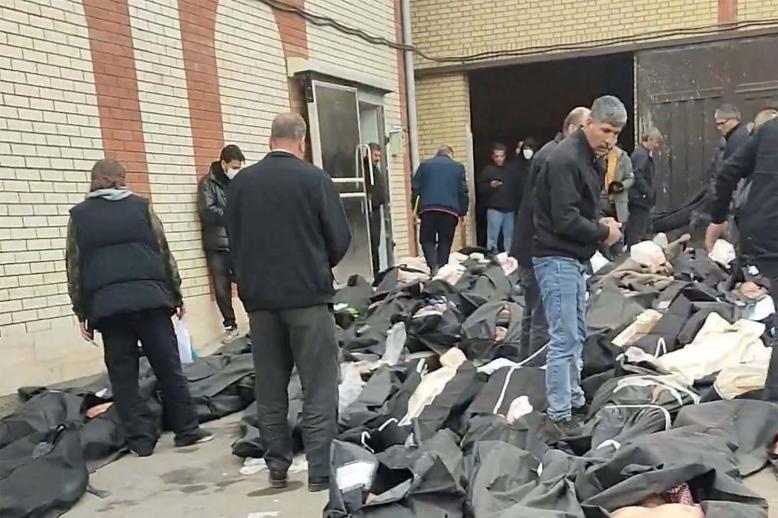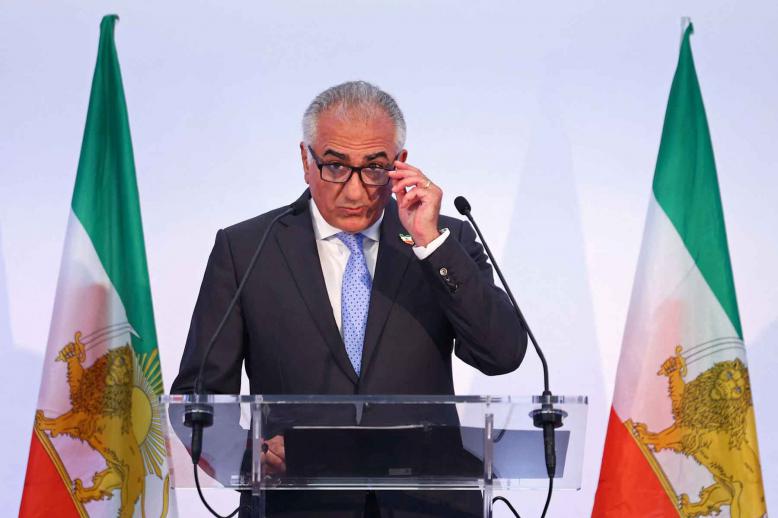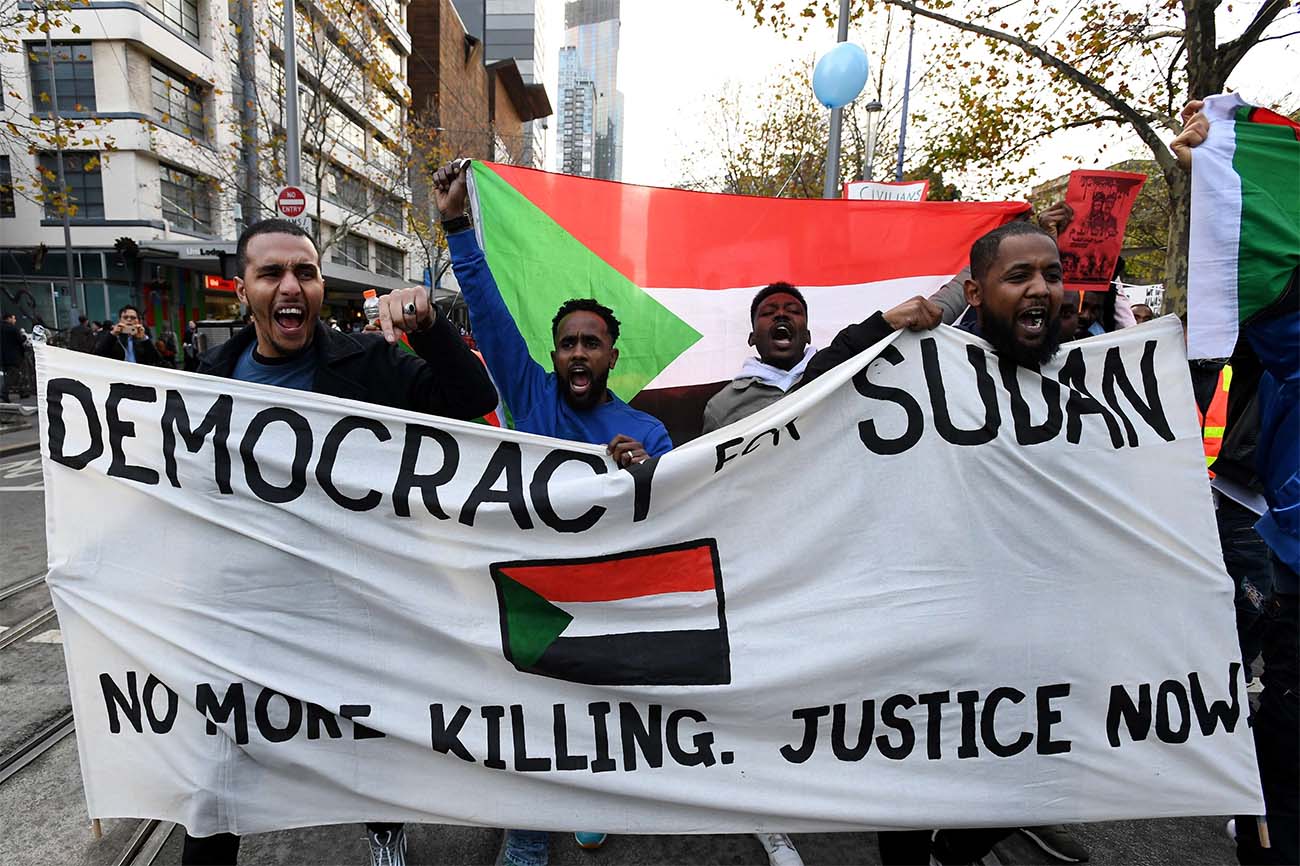A revealing survey that rings alarm bells
Analysts have been scratching their heads over the results of a recent opinion survey on social, political and religious attitudes in the Arab world conducted by Arab Barometer, a Princeton University-based research network, and released by BBC News Arabic.
Much has been said in particular about the rise of the proportion of Arabs who view themselves as “not religious” — from 11% in 2012-2014 to 18% in 2019 — and the plummeting of trust in “religious leaders.” But gauging attitudes on religion in the Arab Muslim world on the basis of traditional polling techniques can be treacherous and potentially misleading. Considering the many variables that can inhibit people in the region from expressing their personal views on matters of faith, there is reason to be wary of hasty conclusions in this regard.
A more pertinent phenomenon, however, is the clear shift away from Islamist parties, whether in Sudan, Jordan, Morocco, Tunisia or Egypt. Support for Muslim Brotherhood-inspired movements since 2012 is estimated to have dropped by no less than a 20-25% margin.
Whether tested on not, Islamists are perceived as having failed to deliver solutions or even embody hope in the region’s dim horizons. Reality check. The perception of ineptitude and ideological rigidity has made Islamists a clearly less appealing alternative.
What is happening across the board is that populations are losing much of their trust in political and religious elites.
Michael Robbins, the director of Arab Barometer, concluded that “in the vast majority of countries surveyed, governments are not meeting the expectations of their citizens.”
Many Arab societies, including Tunisia, which is credited with a relatively successful democratic transition, are strongly committed to freedom but sceptical of whether fractious electoral democracy can bring economic prosperity or ensure security.
Amaney Jamal, co-founder and principal investigator of the Arab Barometer, says: “Citizens now fear that democracy might inherently cause more instability — we see this pattern certainly in Tunisia.”
Even in places that have not faced war and strife since the “Arab spring,” concerns over safety and how to put bread on the table have grown for the common man.
And while everyday people struggle to make ends meet in much of North Africa and the Middle East, politicians, pundits and pollsters have remained trapped in their own elitist prisms.
Jamal, in an interview released with the survey results, admits as much: “Think about the Arab spring — for a long time observers of the Middle East have focused solely on elites because they believed all policy emanates from the state or other elites,” she writes. “But, what the Arab spring showed us is that there is a layer of society underneath that also very much matter, and if we consistently ignore that segment as did the Arab regimes, these segments will ultimately protest and revolt to make their demands heard.”
However, it is not just any “layer” or a “segment” of society that is increasingly disillusioned — it is predominately the region’s youth.
According to the poll, 52% of 18- to 29-year-olds surveyed in Algeria, Egypt, Jordan, Lebanon, Morocco, the Palestinian territories and Tunisia are unhappy with their predicaments and are considering emigrating abroad. There has been a 10% increase in the appeal of emigration since just 2016.
Even more significant is that more than 40% of Algerians, Sudanese and Tunisians, as well as 38% of Iraqis, Moroccans and Yemenis say they are willing to join the waves of illegal migrants.
Another predictor of rising despair is the deteriorating mental health of people unable to cope with daily pressures and inadequacies. On average, one in three people surveyed said they felt “depressed.” The highest ratio was in Iraq (43%), Tunisia (40%) and the Palestinian territories (37%). Women and the poor seemed particularly prone to depression.
Certain aspects of the Arab Barometer-BBC survey could have benefited from greater methodological and analytical coherence and clarity. Still, the survey raises a number of alarming questions about the roots of the Arab world’s despair. Politicians have no more reason to look away.
Oussama Romdhani is the chief editor of the Arab Weekly.
Copyright ©2019 The Arab Weekly


